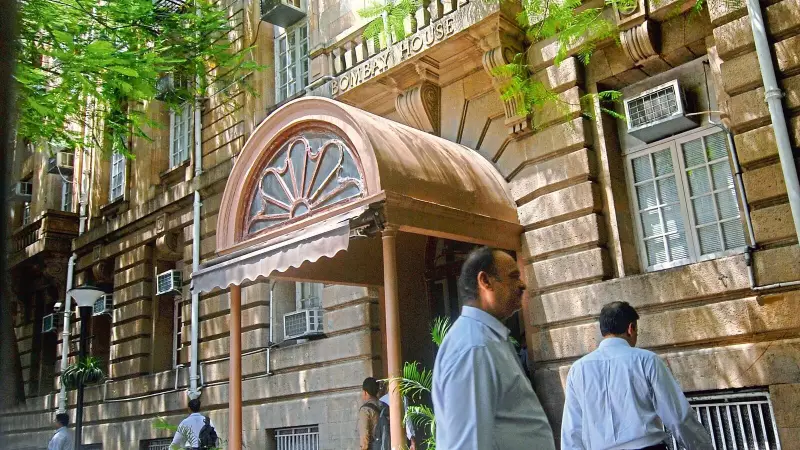
The Tata Group, one of India's most respected and storied business empires, found itself embroiled in a dramatic leadership crisis that exposed deep-seated governance issues within the hallowed halls of Bombay House. The abrupt removal of Cyrus Mistry as Chairman of Tata Sons in 2016 triggered a corporate saga that would test the very foundations of the $100 billion conglomerate.
The Boardroom Coup That Changed Everything
When the Tata Sons board made the stunning decision to oust Cyrus Mistry, few anticipated the prolonged legal battle and public scrutiny that would follow. The move revealed significant tensions between the Tata Sons board and the powerful Tata Trusts, which hold a 66% stake in the holding company.
The crisis highlighted fundamental questions about corporate governance structures within family-controlled business groups, particularly the relationship between promoter trusts and professional management.
Governance Under the Microscope
At the heart of the conflict lay competing visions for the future of India's largest business house. The Tata-Mistry dispute brought to light several critical governance issues:
- The role and influence of Tata Trusts in operational decisions
- The balance between promoter rights and professional management autonomy
- Succession planning challenges in family-controlled enterprises
- The effectiveness of corporate governance mechanisms in Indian business houses
The Chandrasekaran Era and Moving Forward
The appointment of N. Chandrasekaran as Executive Chairman marked a new chapter for the conglomerate. His leadership brought stability and a renewed focus on operational excellence, but the underlying governance questions continued to linger.
The crisis served as a wake-up call for Indian corporate governance, prompting discussions about the need for clearer separation between ownership trusts and management, more transparent succession planning processes, and stronger institutional mechanisms to prevent similar conflicts.
As the Tata Group continues to navigate global markets and new business challenges, the lessons from this leadership crisis remain relevant for corporate India. The episode underscores the importance of robust governance frameworks that can withstand leadership transitions while preserving the legacy and values that have made the Tata name synonymous with trust and excellence.





